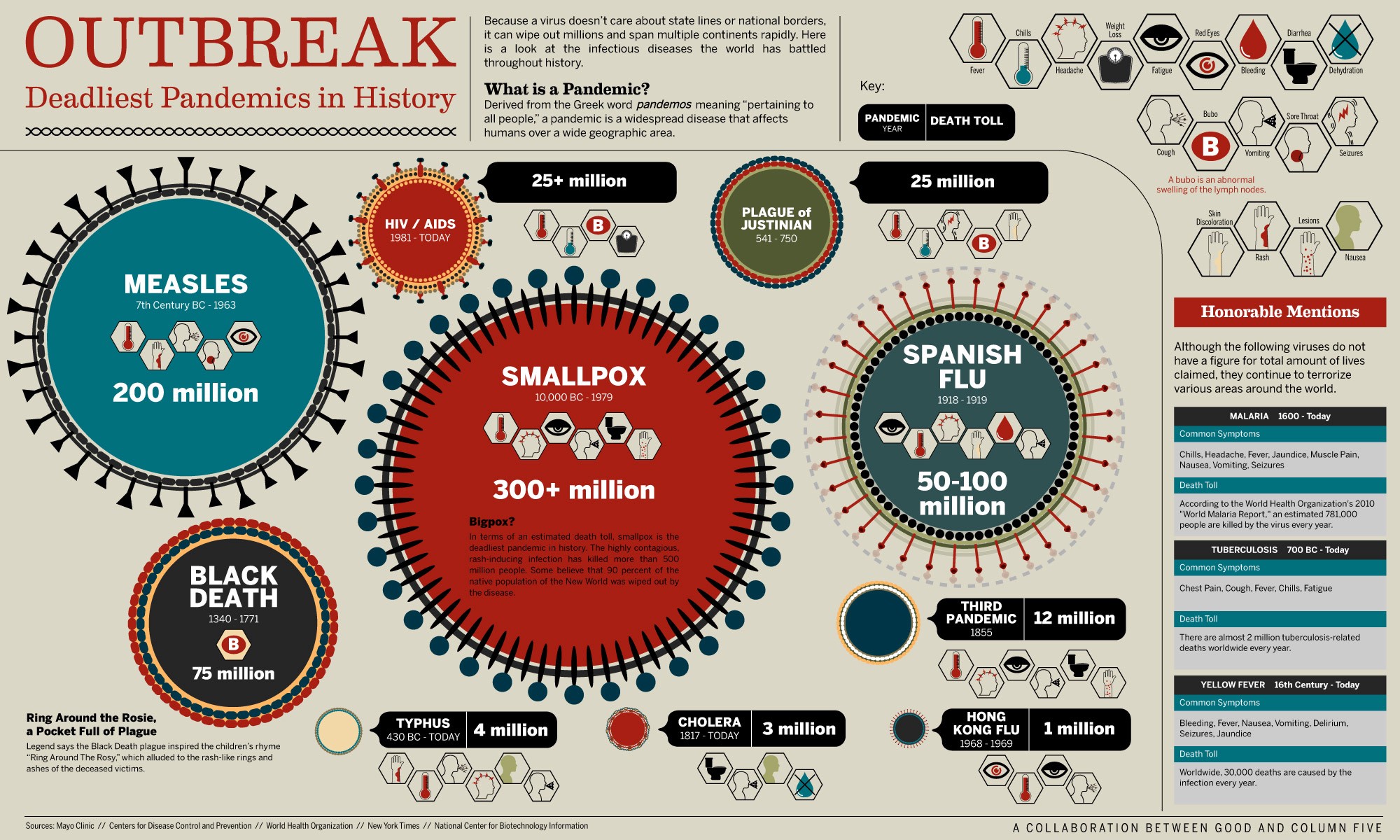by K.Abrams
Guyana, like every nation in the world is waking up to the harsh reality of the effects of a global economic standstill due to the coronavirus. The world is effectively closed for business and it is the vulnerable who suffer most, but soon the ranks of the vulnerable will rapidly expand. Unemployment is a reality that hit workers across the globe.
Another 4.4 million Americans filed initial unemployment claims in the week ending April 18. That’s down from 5.2 million the week prior, however it marks the fifth consecutive week over 3 million, according to the U.S. Department of Labor.
At the highest of levels of unemployment following the 2008 financial crisis, there were 15.3 million jobless Americans. But in the past five weeks a staggering 26.5 million workers have already filed jobless claims.
Prior to this five-week stretch of 26.5 million initial jobless claims, there were already 7.1 million unemployed Americans as of March 13, according to the U.S. Bureau of Labor Statistics. When the figures are combined, it would equal more than 33 million unemployed, or a real unemployment rate of 20.6%—which would be the highest level since 1934. Essentially, no customers, no business. No business, no employment and within a very short space of time, even the middle class have become vulnerable.
Sadly, more, not less pandemics are expected in the future and those nations that implement effective long term strategies for crisis management and emergency preparedness will not only survive but thrive under this new dispensation. By 2050, 68% of the world’s population will be living in urban environments and these people will live in highly concentrated spaces. Such spaces speed up the proliferation of diseases. Already we’ve experienced within the past 10 years; SARS, swine flu, MERS, a new outbreak of Ebola, Zika, Dengue fever, and now COVID-19.
Following are some facts that contribute to the prediction of future pandemics;
1) Urban environments are crowded and prone to disease transfer (see New York)
2) Our world has become smaller due to air travel. Within 36hrs a virus can spread from a remote village to a major city.
3) Global warming will cause sea levels to rise, more floods and more mosquito borne diseases will spread to nations with historically cooler climates.
In Guyana, every industry will be affected; education, business (retail, vendors, etc), government, exports, communications, and more. Thankfully internet service is relatively reliable and the citizens are quickly beginning to agree that internet access is now an essential service.
Lessons learned are the following;
- Government services and all major department services must be available online.
- Private sector companies that provide ‘business to consumer’ services must ensure that those services are online, on social media and offer value that makes shopping convenient and even pleasant for customers.
- The nation needs reliable, convenient digital money services and some sort of accommodation should be made for for pensioners.
- All homes should own some sort of internet access device which can be made available to students.
- Food security will be critical; if existing companies do not lead the way in producing more local foods, then new innovative individuals must lead the charge to make the nation more food secure.
- School curriculum and timetables and lesson plans should be organised, easily accessible and available online.
- Every adult citizen should have an email address which is checked daily. Email is still the most popular application. Whatsapp or some other voip service is also important.
- Every household or at least every community should bookmark or download the helpguyana.com crisis management app, which will provide access to critical information and services for all citizens.
- Service at our network of hospitals must reflect the quality of good services at the GPHC. Medical staff should be properly trained and rewarded. Patient services should be automated as much as possible to reduce costs.
- All Banking services should be available online.
- The entire nation should focus on online security.
